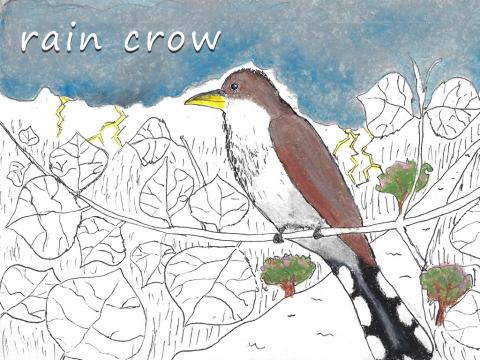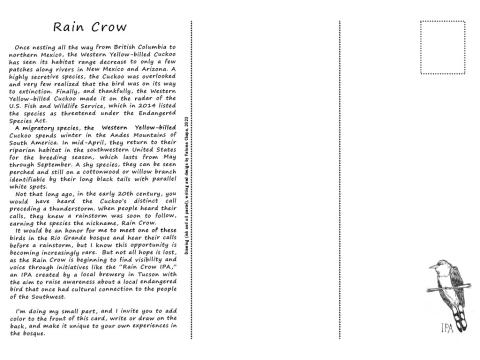Postcards as Pedagogy
October 1, 2024
10-11:30am (lunch will be provided to in-person participants at 11:30am)
Bata 206 and on Zoom
Registration required for in-person attendance by September 25
The Centre for Teaching and Learning and Lady Eaton College warmly invite you to join us for a conversation with 2024 Ashley Fellow Subhankar Banerjee (Professor of Art and Ecology, University of New Mexico) about his use of postcards in the classroom. Banerjee will explain how postcards can encourage active learning about the interplay between visual images, environmental activism, and social justice. Banerjee was co-curator of the award-winning project “A Library, a Classroom, and the World,” which was included in the Personal Structures exhibit of the 2022 Venice Biennale. Part of the exhibit included a collaborative project, Beyond Fortress Conservation: Postcards of Biodiversity and Justice, with Trent History Professor Finis Dunaway. The project considered how iconic postcards have supported colonialist visions of conservation, while also highlighting examples of justice-based approaches to biodiversity. For Banerjee, “all projects are seeds that lead to other projects,” and so it was not long before he started to think about how to transform this postcard exhibit into a teaching and learning experience for his students. The result was a guided project in which undergraduates created postcards portraying biodiversity and justice issues. In this talk, Banerjee will share his experience fusing his research and teaching practice. He will explain why he believes postcards present such an effective assessment tool and opportunity for active student learning as well as how they might be used in diverse classroom settings, including Indigenous Studies, Environmental Studies, Gender and Social Justice, History, and Cultural Studies.


Subhankar Banerjee describes himself as “an Indian–born American photographer, writer, conservationist, and public scholar. Since the turn of this century, my work has and continues to focus on the two most consequential planetary crises of human history, namely BIOLOGICAL ANNIHILATION and CLIMATE BREAKDOWN. Biological annihilation and climate breakdown are two separate but entangled crises as each contributes in significant ways to the escalation of the other. Both crises are human–caused and are intensifying.” You can read more about Subhankar and his work on his website.
Registration for in-person attendance required by September 25th. Register for in-person attendance here.
Register to attend online via zoom here.
